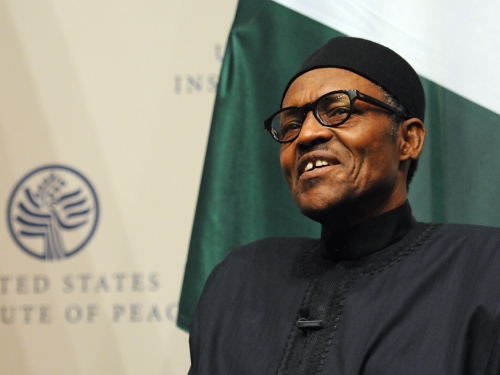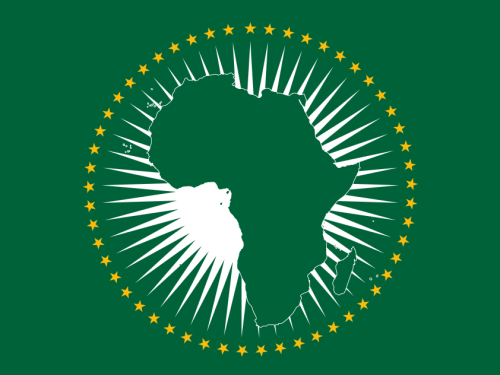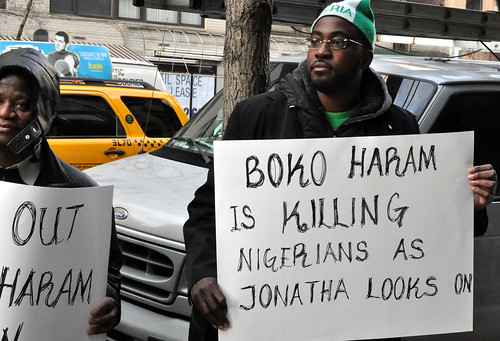
This article was originally published by ISS Africa on 18 September, 2015.
On Tuesday 8 September, the United States (US) Diplomatic Mission to South Africa issued a rare security message entitled Terrorist Threat to US Interest in South Africa. The alert warns citizens about a potential attack on US interests and facilities, and advises US citizens in the country to be vigilant and take appropriate steps to enhance personal security.
The alert came as a surprise to many South Africans and was met with mixed reactions. Some questioned the credibility of the information and the feasibility of a potential attack on the continent’s most advanced liberal democracy, which has been relatively stable since 1994. Conspiracy theories have also emerged, describing the alert as part of a strategy to destabilise South Africa and weaken its economy by creating panic.



